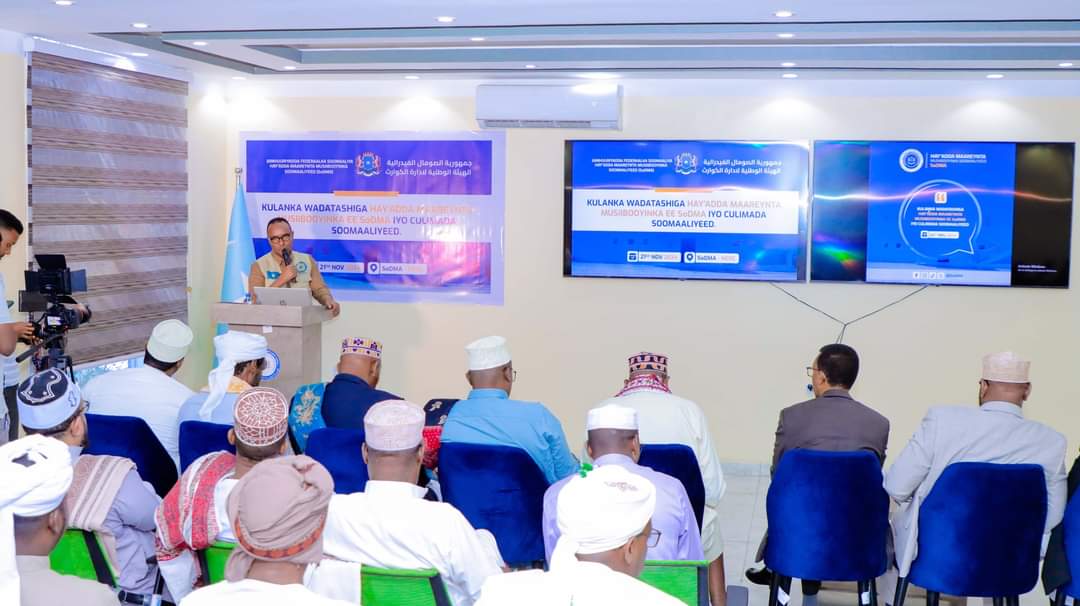TANZANIA: Closing Tanzania’s human capital and social development gaps requires prioritizing social spending during budget allocation and execution, the International Monetary Fund (IMF) said in a recent country report issued recently.
The report said notwithstanding stepped-up recruitment of health workers and teachers, total priority social spending including on health and education fell short of budget targets in FY2022/23.
“Closing gaps in Tanzania’s health and education outcomes requires sustaining the recruitments over the medium term and allocating sufficient funding to improve not only coverage but also quality of the services,” stated the report.
IMF said sufficient resources should also be allocated to expand the Tanzanian Social Action Fund (TASAF) programme to eligible families, financed by domestic revenue mobilisation, improving the efficiency of spending and rebalancing budget allocation from low-priority infrastructure projects.
Addressing the Africa Human Capital Heads of State Summit held in Dar es Salaam in July this year, President Samia Suluhu Hassan said the Tanzanian government has undertaken reforms and review of education policies, curricula and learning programmes to go in line with current development demand.
“The establishment of the country’s productive social safety net is being coordinated by TASAF with the goal being to reduce poverty and improve access to critical health and education services,” said President Samia.
She added: “Since the establishment of TASAF in 2000, over one million poor households have benefited from the programme.
“At least 731 development projects ranging from infrastructure in education, agriculture, transport systems, health, water and clean and safe water have been executed.”
Among others, it includes rolling out the fee-free education policy at the level of early childhood learning development and primary and secondary education from form one to form six.
Dr Samia underscored that investment in vocational training and apprenticeship programmes entail offering skills to increase productivity and competition and internal abilities in utilising its human capital.
Besides, Tanzania has managed to empower its youth economically through the 10 per cent councils’ special schemes, whereby youth accumulate 4 per cent and the remaining 4 per cent for women and 2 per cent for people with disabilities.
She noted that by allowing young girls who dropped out of school due to pregnancies to resume school, Tanzania has reaped huge gains in development spheres.
Similarly, through the Building a Better Tomorrow Youth Initiative (BBT-YIA), the programme is expected to increase employment to its youth by three million jobs, thereby boosting the agricultural sector employment from the present 3 per cent to 10 per cent in 2030.
She called on the private sector and civil society organisations to collaborate with the government in putting in place the right environment for the growth and prosperity of this critical resource in economic advancement.










